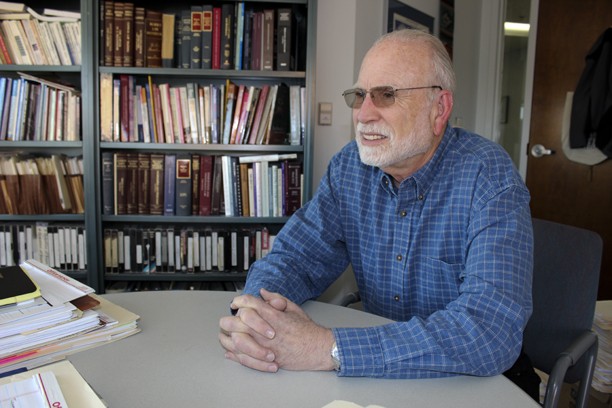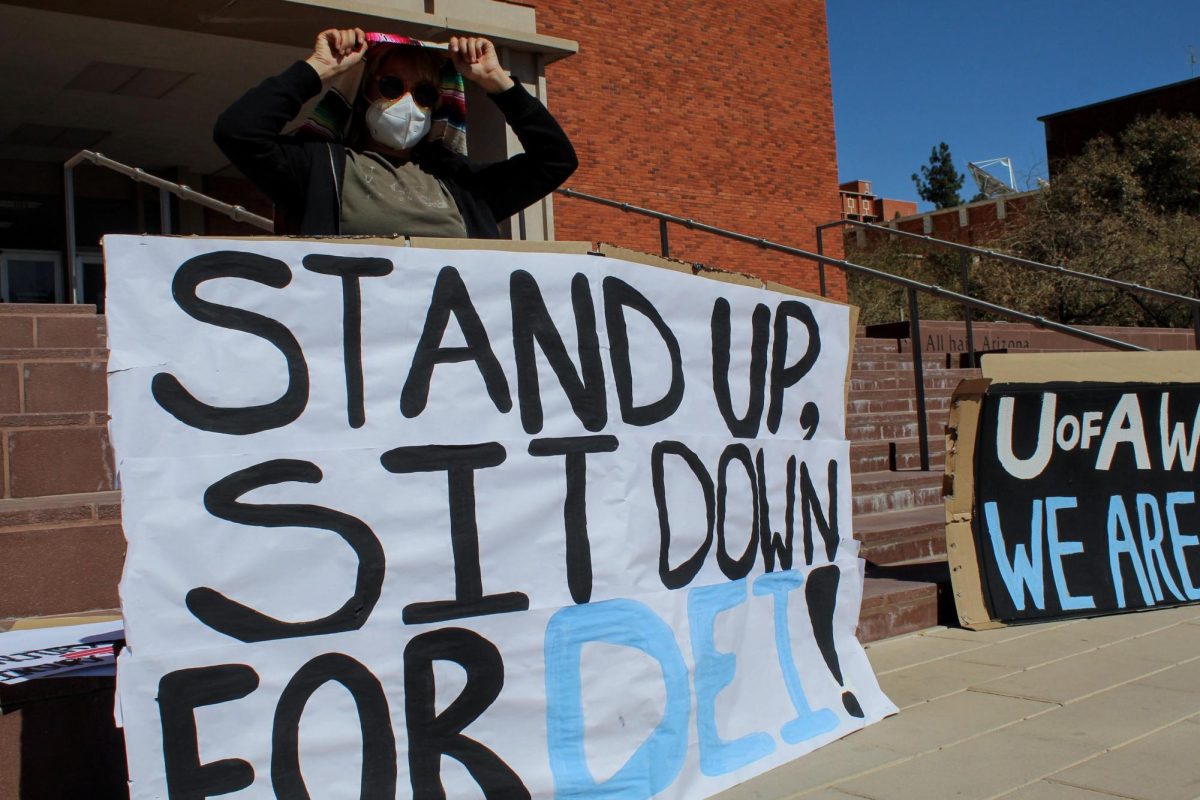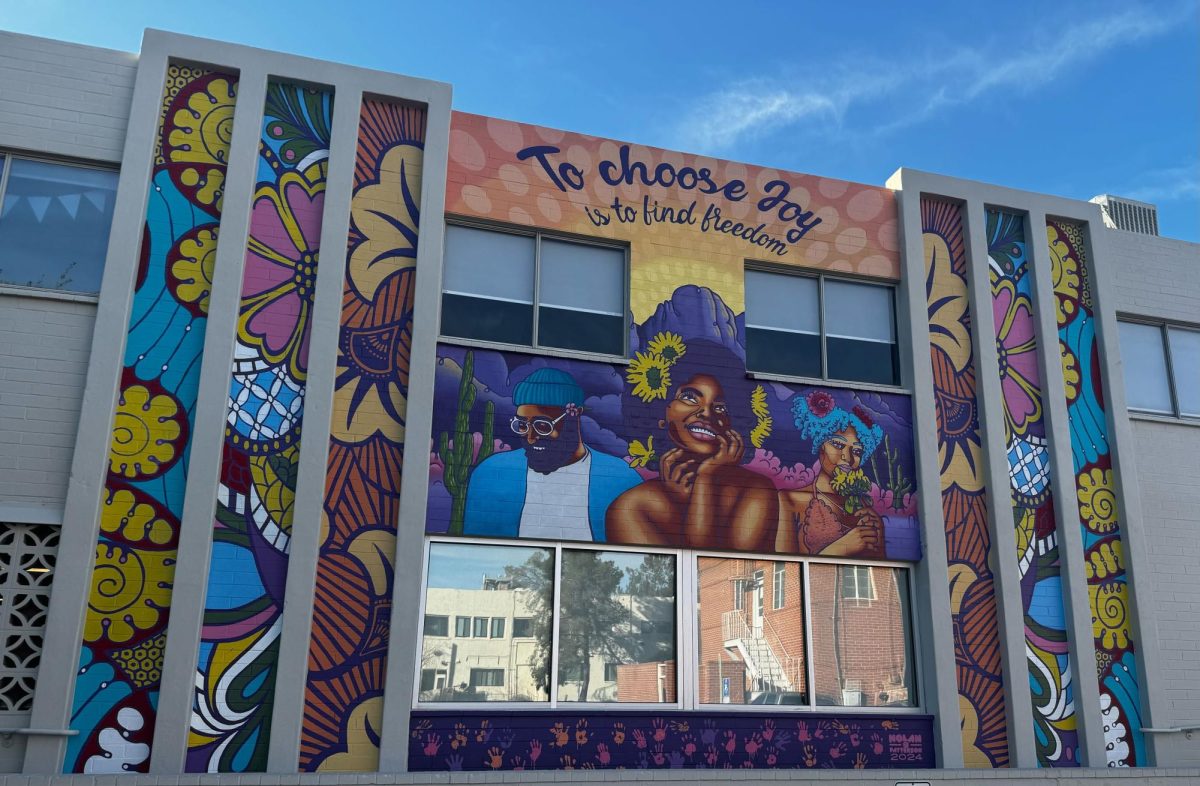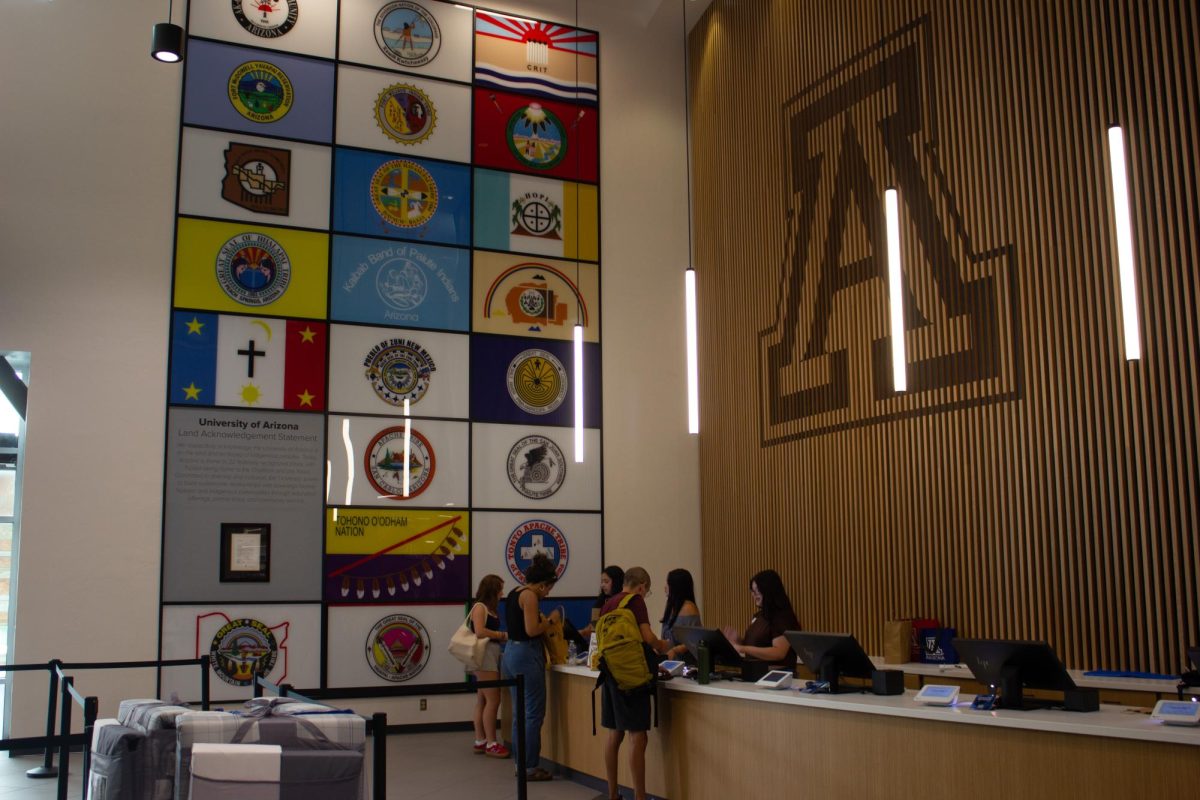A new immigration rule has raised questions on the UA campus regarding the overall benefit for undocumented immigrants.
Earlier this month, the Department of Homeland Security issued a new rule on immigration that will allow undocumented immigrants who are relatives of a U.S. citizen to apply for an unlawful presence waiver while still in the U.S. The new rule, which goes into effect on March 4, is aimed at reducing the amount of time that a person applying for a waiver has to spend away from their family.
“Almost all of those laws sound better than what they really work out to be but at least it is not a step backward,” said Anna Ochoa O’Leary, assistant professor of Mexican American Studies.
O’Leary’s research focuses on migration and immigration. According to O’Leary, many eligible undocumented individuals may not try to take advantage of this new rule out of fear and will wait to see what happens to people who have already taken advantage of the new rule.
To be eligible, an undocumented immigrant has to have an immediate family member who is a U.S. citizen, and they must prove separation from that family member would cause “extreme hardship.”
Once the waiver is approved, the undocumented immigrant must return to their country of origin to finish the rest of the process to obtain a visa for reentry into the U.S. The waiver is meant to prevent them from being barred from entering the U.S. due to time spent in the country illegally.
Andy Silverman, a Joseph M. Livermore Professor of Law at the UA James E. Rogers College of Law, has been teaching immigration law for more than 30 years and said this rule is only changing where an undocumented immigrant can apply for the waiver. The new rule is not changing anything else and the person must still “qualify” for the visa, he added.
Silverman said that the requirement about proving extreme hardship has to be something that is out of their control such as an illness or having children.
Patricia Mejia, who works with the UA Immigration Law clinic and a local immigration attorney, says proving extreme hardship can be very difficult.
Mejia said that a person would have to be severely or terminally ill in order to prove the hardship requirement.
Although some see the benefits of the rule, there are questions on the overall impact.
“The benefits [of the new rule] would be that it is going to help a group of people who are living here illegally and hopefully potentially get them status but it leaves out millions more without any solution in sight,” Mejia said.









